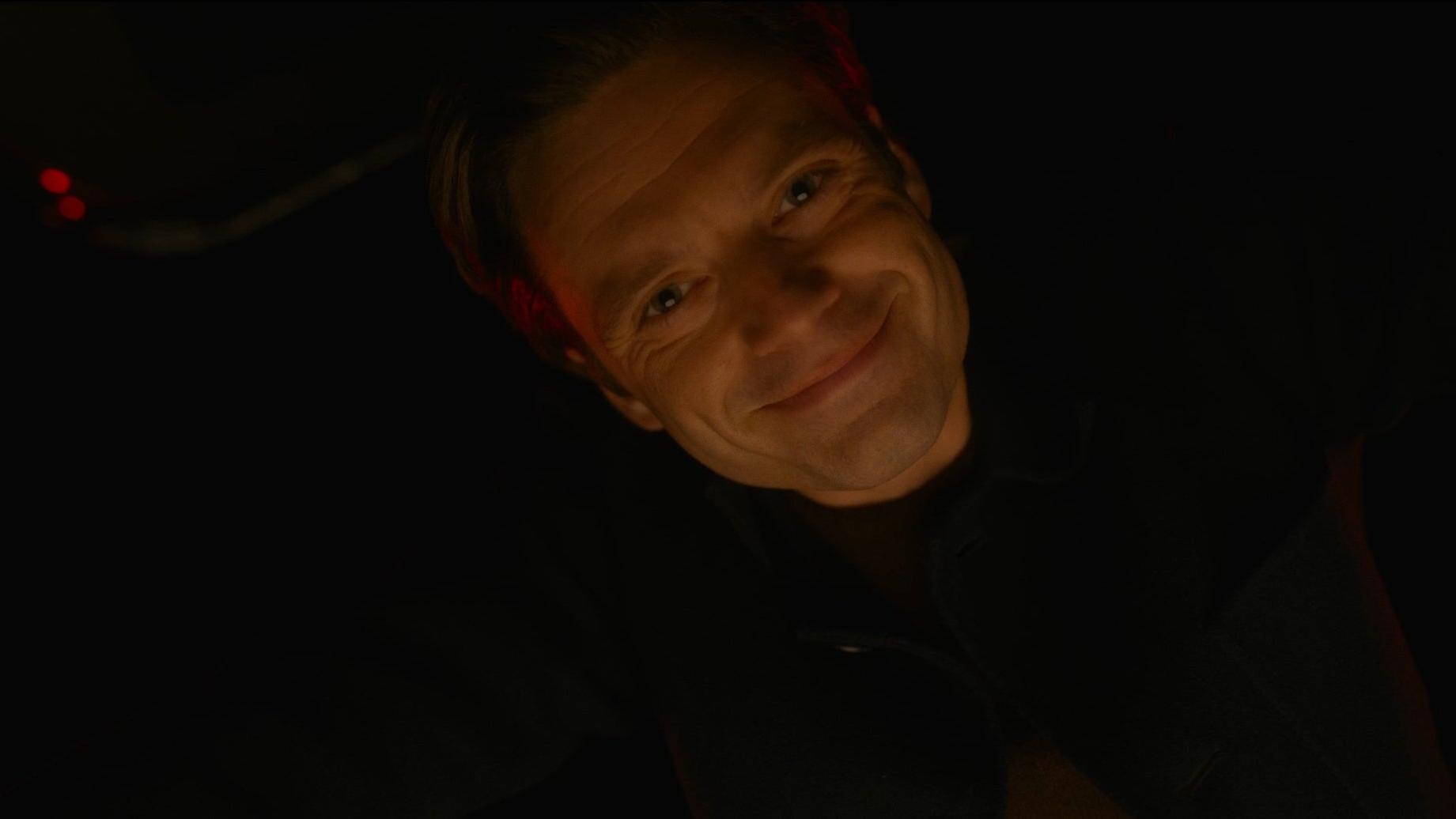“Meat market” takes on disturbing new meaning in the dating-is-hell thriller Fresh
Daisy Edgar-Jones and Sebastian Stan star in a cutting horror satire about modern romance

In June of 1978, Hustler made light of criticisms from second-wave feminists that the magazine reduced women to little more than parts by collaging a pair of female legs into a meat grinder. The new horror satire Fresh flips that script. Writer Lauryn Kahn and director Mimi Cave take a bleak view of dating in the age of apps, skewering the sexual and emotional entitlement of straight men with a bluntness akin to that of Larry Flynt and company. Both the movie and the magazine take the idea of sex and dating as a “meat market” literally. The difference here is that now it’s the meat’s turn to tell the tale.
Normal People’s Daisy Edgar-Jones stars as Noa, a twentysomething living in the Pacific Northwest who’s about to give up on dating entirely when she meets doctor Steve (Sebastian Stan) in the produce aisle on a late-night grocery run. Steve is flirtatious and handsome, and against her better judgement, Noa gives this total stranger her phone number. At first, it seems like her gamble has paid off. She’s finally met a man who listens and doesn’t mind paying for dinner—and in the real world, no less! So Noa ignores the warnings of her best friend, Mollie (Jojo T. Gibbs), and agrees to go on a weekend getaway with her new beau. One drugged cocktail later, she wakes up chained to the wall in Steve’s tastefully decorated midcentury modern home.
Fresh waits a whole 33 minutes to roll its opening credits sequence, right as the movie veers in a completely different direction. The cornball rom-com elements of Steve and Noa’s courtship take on an ironic new resonance, rendered sinister by context like a pop song in the trailer for a horror movie. To that end, Stan’s performance remains frighteningly consistent; what once read as charming banter now comes across like the shallow affect of a sociopath.
As Noa tries to figure out how she’s going to get out of the handcuffs and away from this house of horrors, Fresh widens its scope to explore different angles on its core theme. Initially seeming to fill the role of a clichéd “Black best friend” character, Mollie rises to co-lead position as she follows her gut and starts searching for Noa. Her journey into the dark heart of the suburbs to find the truth behind the Blue Lives Matter flags adds an immediacy to a film that’s otherwise very much playing the long game. And once the full scope of Steve’s depravity is revealed, Fresh offers up its most disturbing commentary yet, meditating on how patriarchal relationship dynamics chew women up and spit them back out. No pun intended.
The comedy is more hit or miss. Some of the jokes have a dry, sarcastic quality that evolves along with the film. (A running gag about telling women to smile pays off in spectacularly bloody fashion, for example.) But others spoil the mood by tipping too far into silliness. Take Cave pausing the movie every once in a while for a montage of Stan dancing to ’80s pop tunes. The performance is already conveying everything we need to know about the character’s lack of emotion and remorse. The jarring tonal shift by way of ironic needle drop is unnecessary—especially in a movie that’s already pushing two hours.
When Cave applies her decadent instincts towards squirming disgust, the results are more effective. Closeups of mouths throughout the film escalate from sensual to repellant. And Cave makes queasy use of soft focus and handheld camerawork in moments when Noa’s head is spinning, whether from lust or Rohypnol. Despite its bolder choices, however, Fresh doesn’t push the body horror as far as it could, and works better as an empowerment fable than as an actual thriller. But maybe that’s for the best. Why make dating look scarier? All those unsolicited dick pics are stressful enough.